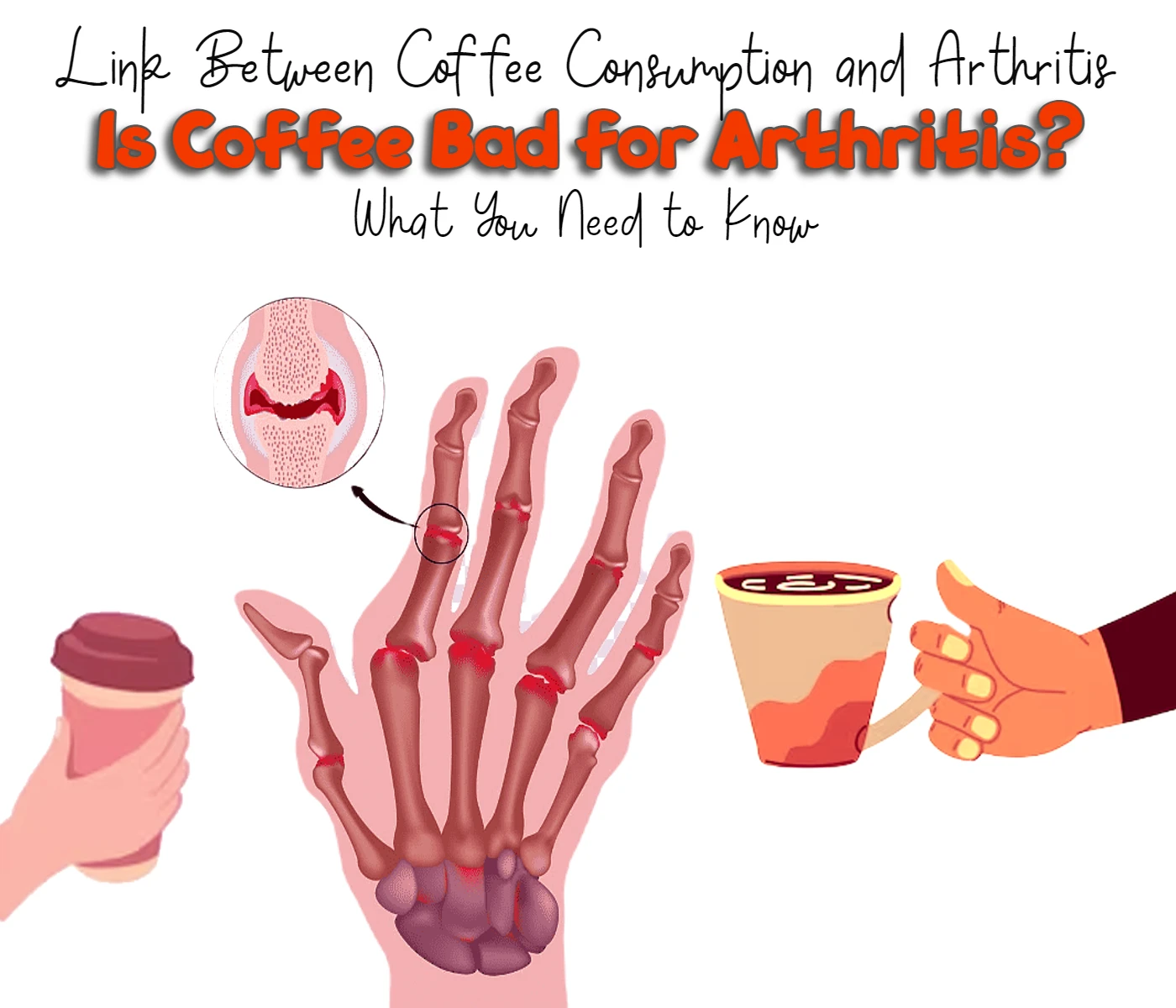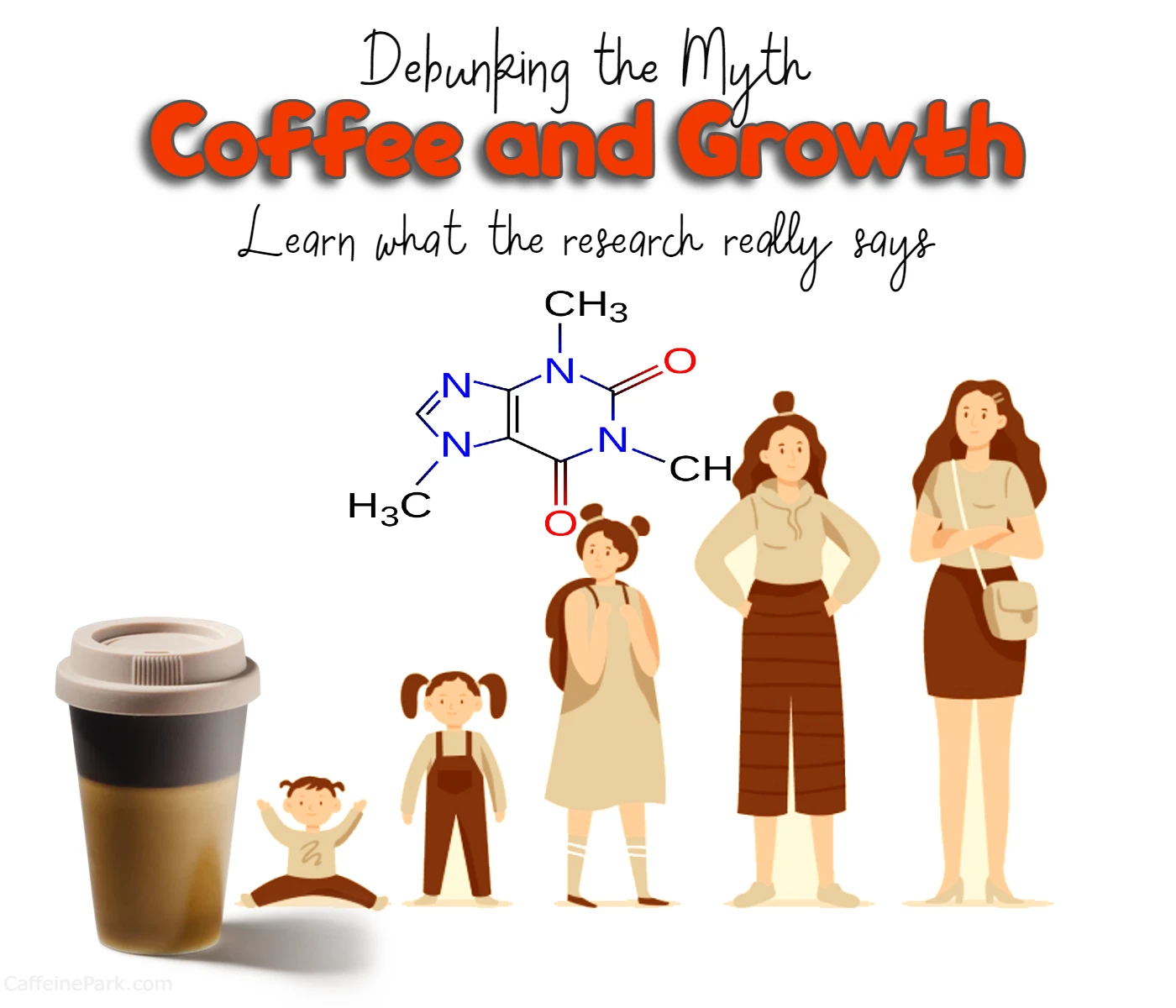
Caffeine and Cancer: What You Need to Know
Caffeine and cancer are topics of interest for many individuals who consume caffeine on a regular basis. With conflicting information about the impact of caffeine on cancer risk, it’s important to understand the factors involved in determining risk. The key to understanding caffeine and cancer risk lies in the type of cancer in question, the source of caffeine, and other lifestyle factors that may influence risk.
For most types of cancer, research has found no link between caffeine consumption and increased risk. This is the case for cancers of the pancreas, endometrial, prostate, and breast. On the other hand, there is conflicting evidence regarding caffeine and lung cancer risk. Some studies show a decreased risk of lung cancer among heavy coffee drinkers, while other studies show no risk or a small increased risk with heavy coffee consumption.
It’s important to consider the source of caffeine when determining risk. For example, drinking coffee and tea, which are rich in antioxidants and other beneficial nutrients, is a better choice than soda. With soda, you consume excessive amounts of sugar or artificial sweeteners and receive no nutrients for good health. Additionally, other lifestyle factors such as smoking may also contribute to the development of lung cancer. It’s important to keep in mind that even though coffee and caffeine appear to be safe for most people, they can still negatively affect those with high blood pressure, rapid heart rate, or other heart-related conditions. It’s always best to consult with a doctor to determine what is safe for your individual health.
The Evidence
Many studies have been conducted to explore the relationship between caffeine and cancer, but the results have been mixed. Some studies have found that caffeine consumption may increase the risk of certain types of cancer, while other studies have found no link between caffeine and cancer. For most types of cancer, including breast, prostate, and ovarian cancer, studies have shown that caffeine consumption has little to no effect on cancer risk.
In the case of lung cancer, the evidence is mixed. Some studies have found that caffeine consumption may increase the risk of lung cancer, while others have found no link between the two. However, many experts believe that the results of these studies are not definitive and that other factors, such as smoking and exposure to air pollution, are more likely to be the cause of any increased risk of lung cancer seen in some studies.
Coffee and Tea Consumption and Cancer Risk
Coffee and tea are two of the most commonly consumed beverages in the world, and both contain caffeine. Over the years, there has been much debate and research on whether coffee and tea consumption are associated with an increased risk of cancer. However, the evidence to date has been mixed and the relationship between coffee and tea consumption and cancer risk is still not fully understood.
In general, studies have not shown an increased risk of cancer among coffee and tea drinkers. In fact, some research has found that coffee and tea consumption may even have a protective effect against certain types of cancer. For example, a large meta-analysis of observational studies found that coffee consumption was associated with a decreased risk of liver cancer, endometrial cancer, and pancreatic cancer. Additionally, tea consumption has been linked with a decreased risk of ovarian cancer.
It is important to note that the results of these studies are not conclusive and more research is needed to better understand the relationship between coffee and tea consumption and cancer risk. Factors such as the type of coffee or tea consumed, the preparation method, and individual differences in genetics and lifestyle may all impact the relationship between coffee and tea consumption and cancer risk.
Despite the mixed results, most health experts agree that coffee and tea consumption are safe and do not pose a significant risk for cancer. However, it is always best to speak with your healthcare provider before making any changes to your diet or lifestyle.
Final Thoughts
In conclusion, the available evidence does not support the idea that caffeine consumption is a major risk factor for most types of cancer. For lung cancer, the evidence is mixed, but most experts believe that other factors, such as smoking and exposure to air pollution, are more likely to be the cause of any increased risk seen in some studies. It is important to note that while caffeine may not increase cancer risk, it can have negative effects on health for people with certain health conditions, such as high blood pressure or rapid heart rate. If you are concerned about the effects of caffeine on your health, it is best to speak with your doctor.
FAQs
The relationship between drinking coffee or tea and cancer risk is complex and not fully understood. Some studies have suggested that drinking coffee or tea may be associated with a decreased risk of certain types of cancer, such as endometrial, liver, and colon cancer, while other studies have found no association. Some studies have even suggested that drinking coffee or tea may increase the risk of certain cancers, such as lung cancer, but these findings are inconsistent and more research is needed. It is important to note that the association between coffee or tea consumption and cancer risk may be influenced by other factors, such as smoking or alcohol consumption.
Consuming high amounts of coffee or tea may have negative health effects, but the evidence for a direct link between excessive coffee or tea consumption and increased cancer risk is limited. Some studies have suggested that drinking very high amounts of coffee or tea may increase the risk of certain cancers, but these findings are not consistent and more research is needed. It is generally recommended to limit caffeine intake to moderate levels, as consuming high amounts of caffeine can cause negative side effects, such as insomnia, anxiety, and increased heart rate.
There is no clear evidence that drinking coffee or tea is unsafe for people with a family history of cancer. However, people with a family history of certain cancers may be more susceptible to the negative effects of caffeine and may want to limit their caffeine intake. It is always best to speak with a healthcare professional to determine the right amount of caffeine for you, taking into consideration your individual health status and any family history of cancer or other health conditions.





